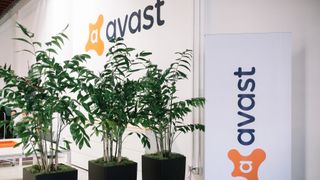In a statement on Avast’s website, Avast CEO Ondrej Vicek said that “The bottom line is that any practices that jeopardize user trust are unacceptable to Avast. We are vigilant about our users’ privacy, and we took quick action to begin winding down Jumpshot’s operations after it became evident that some users questioned the alignment of data provision to Jumpshot with our mission and principles that define us as a Company.” When the data harvesting first came to light, Avast assured customers that the data collection was anonymous and there was no way to link data back to individual users. When users installed Avast’s antivirus software, they were greeted with this statement: “The data is fully de-identified and aggregated and cannot be used to personally identify or target you,” There’s just one problem though - that wasn’t true at all. A joint investigation by Motherboard (opens in new tab) and PCMag (opens in new tab) found that it was entirely possible to link browsing data back to individual users. While no specific names or obvious identifying data were included in the harvested data, things like timestamps, persistent device IDs, and website browsing history were recorded. Privacy experts, who spoke to the investigators, made it clear that this information could be used to expose someone’s identity. Online anonymity and safety is increasingly important these days, as companies strive to find new ways to profit from your personal information and online habits. If you want to keep yourself safe and anonymous online, check out our best VPN service (opens in new tab) guide. If you’re asking yourself, “What is a VPN (opens in new tab)”, we’ve got you covered.
